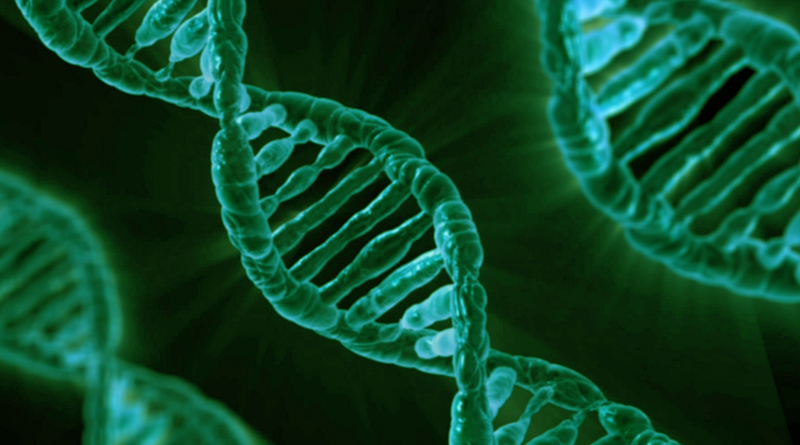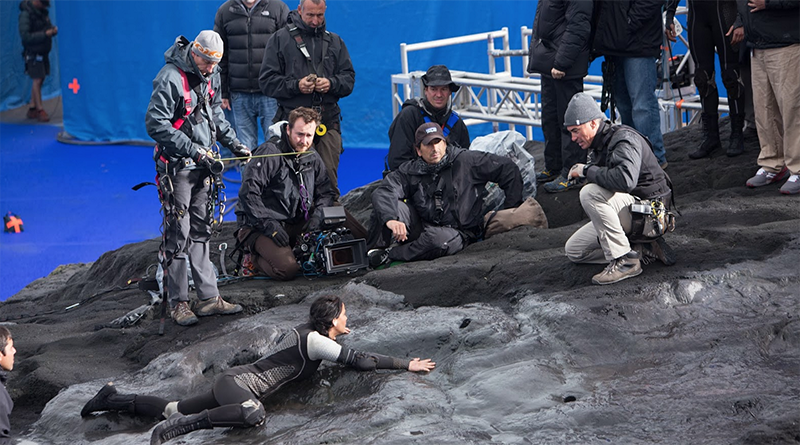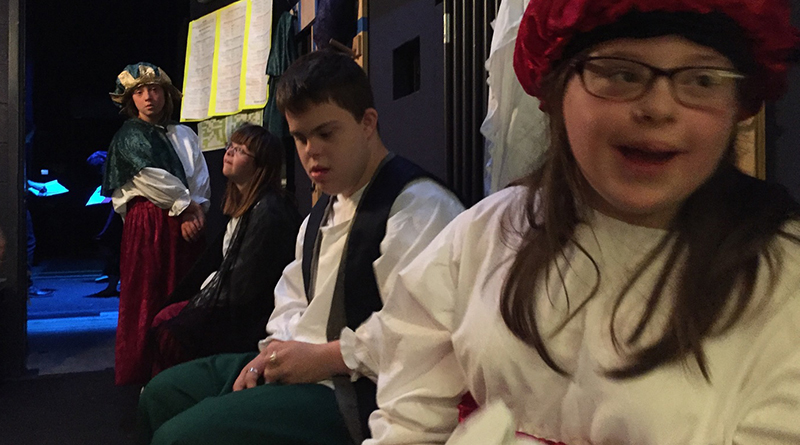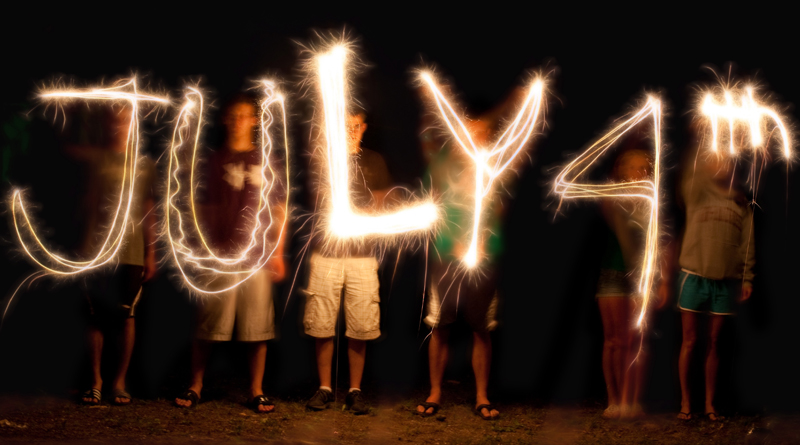
6 Tips to have a PTSD and Autism Friendly 4th of July
America’s Independence Day is a day of celebration for all citizens of the US, regardless of race, economic class, gender, age, or diagnosis. Hot dogs, hamburgers, beer, noisemakers, and of course, fireworks, pervade the 4th of July every year. However, it may not be fun for some people with different brains. Some combat veterans and people with autism can have strong reactions to the sounds of fireworks, sometimes violent. Most reactions are mild, such as memory flashbacks or stress, but the loud noise on the 4th has been known to cause more severe problems like panic attacks or lashing out. Whether you or your family members have extreme reactions triggered by 4th of July activities or you just want to be considerate to your neighbors, there are a few steps you can take to avoid causing harm to others through your festivities:
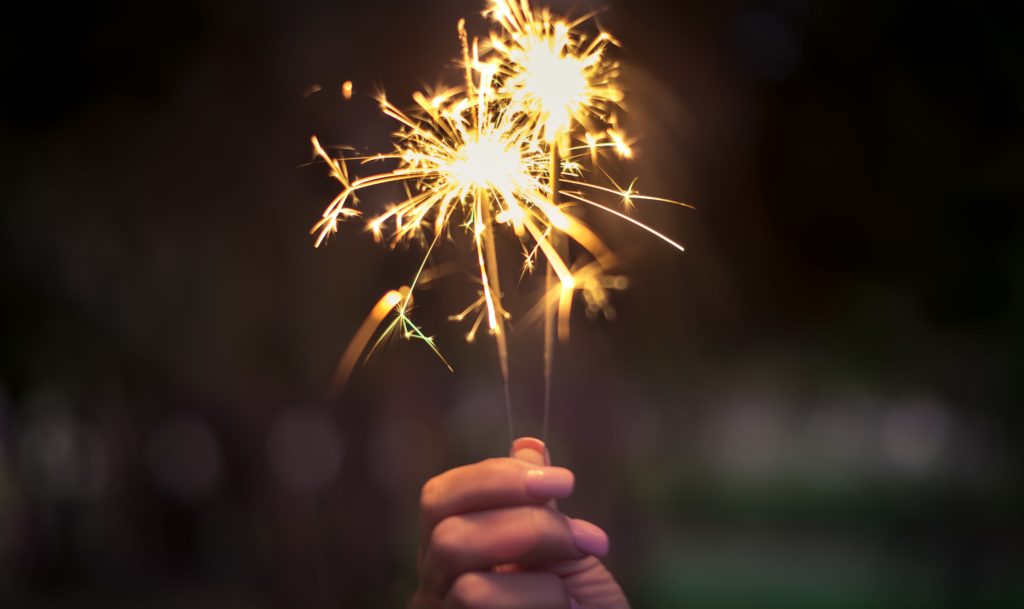
1. Don’t set off loud fireworks: If you really want to set off your own fireworks, you might consider switching to quieter variants this year. Sparklers, ground fountains, Roman Candles, and other displays without loud reports can make your 4th colorful without making it traumatic for others. Especially avoid firecrackers, bottle rockets, or screaming noisemakers, which are designed explicitly to be noisy and to explode close to the ground.
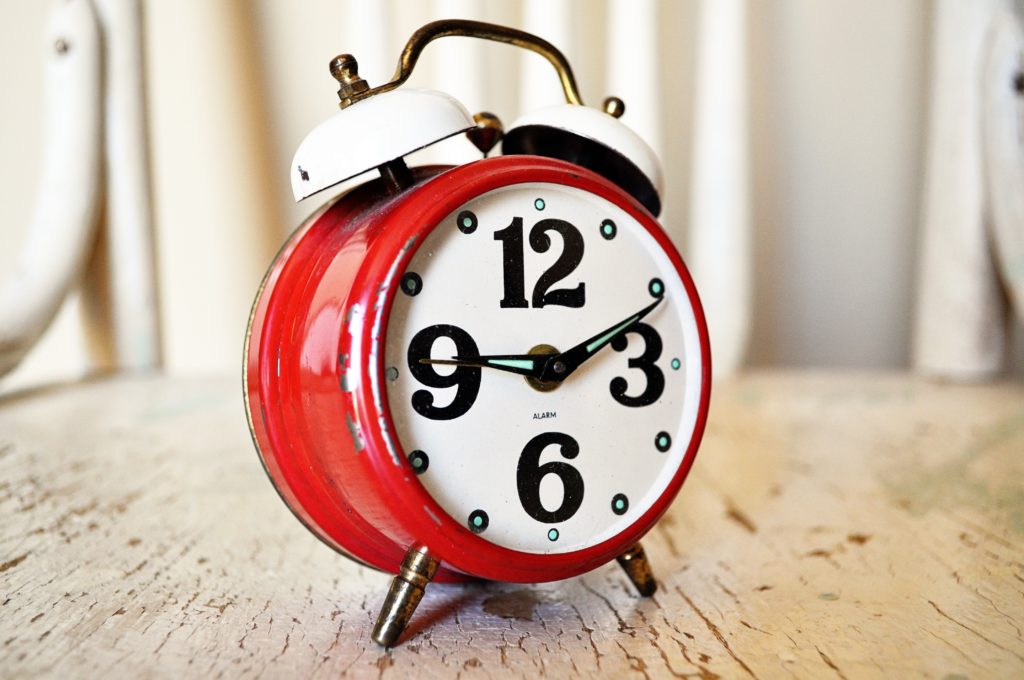
2. Set off fireworks earlier: If you must do your own fireworks, you should set them off before midnight. It may be traditional to light them later, but it is much more upsetting for veterans with PTSD to be woken up by the sounds of fireworks, as it may trigger memories of surprise attacks.

3. Warn your neighbors: If you are aware of anyone living nearby who might be disturbed by fireworks, it can’t hurt to warn them beforehand.

4. Set them off further away: In addition to the safety benefits, setting off your fireworks in an open field, away from houses and apartments, will help reduce the noise level.
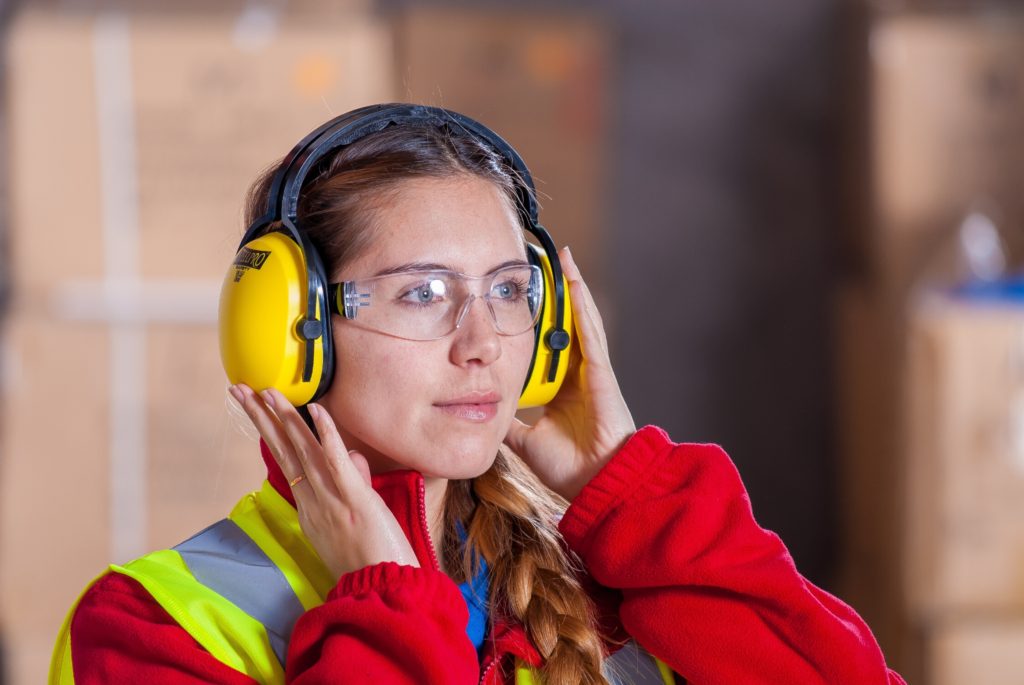
5. Ear protection: If you or someone close to you has had upsetting reactions to fireworks, they should wear some sort of sound-blocking protection, like shooter’s earmuffs or earplugs.
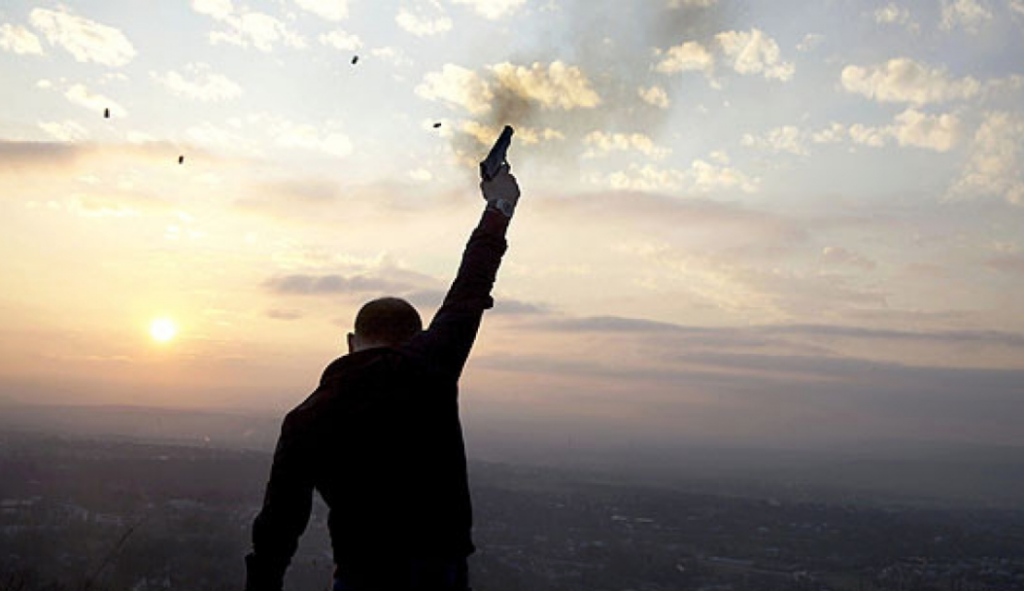
6. Don’t fire your guns in the air: Besides the well-documented fact that this can and has killed people even miles away, the sound of sudden, unexpected gunfire would obviously have a negative impact.
For some additional tips and resources:
https://themighty.com/2017/07/veterans-fireworks-ptsd-help/
https://www.autismspeaks.org/tips-autism-friendly-fourth-july
Reuben Friedlander describes himself as “genius, attractive, and not particularly modest.” Reuben joined Different Brains in 2017. He enjoys video games, fantasy reading, hats, Dwarf Fortress, and writing silly humor. Reuben writes all kinds of articles for the website, while assisting with video editing and transcription.

